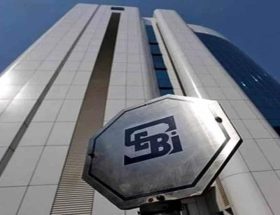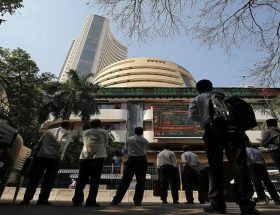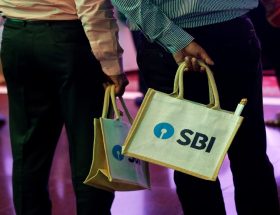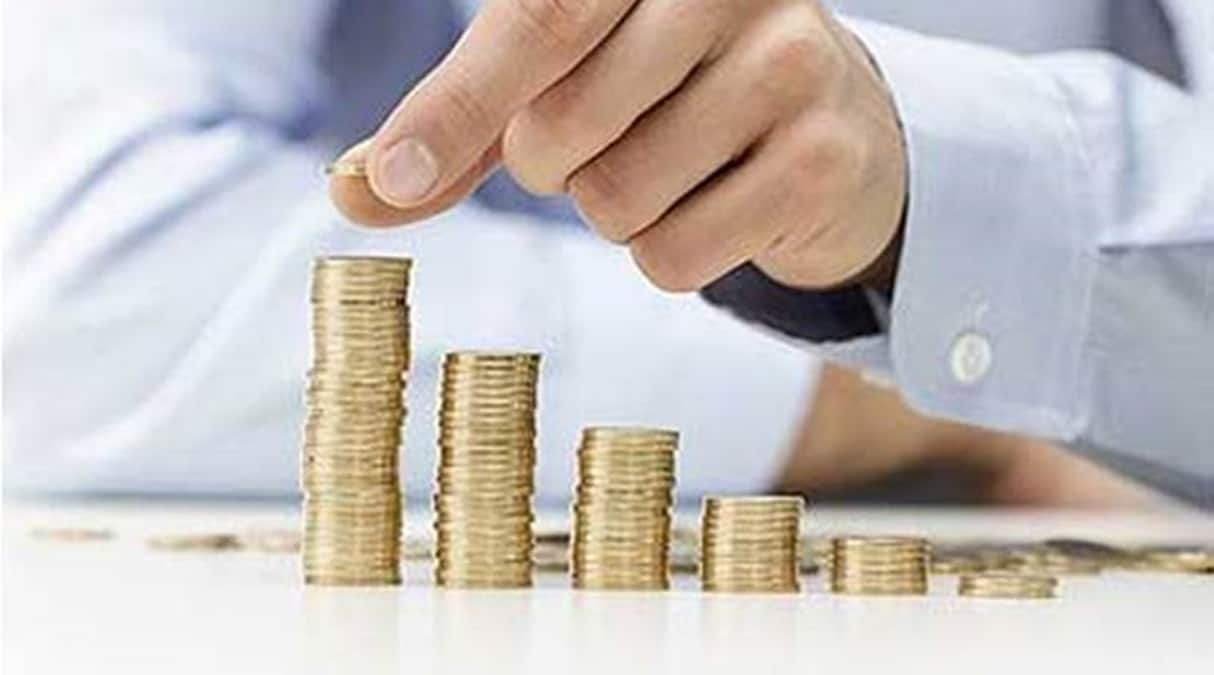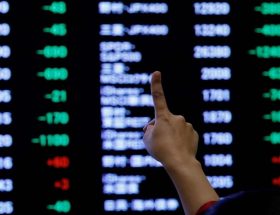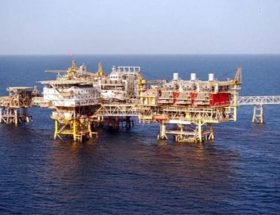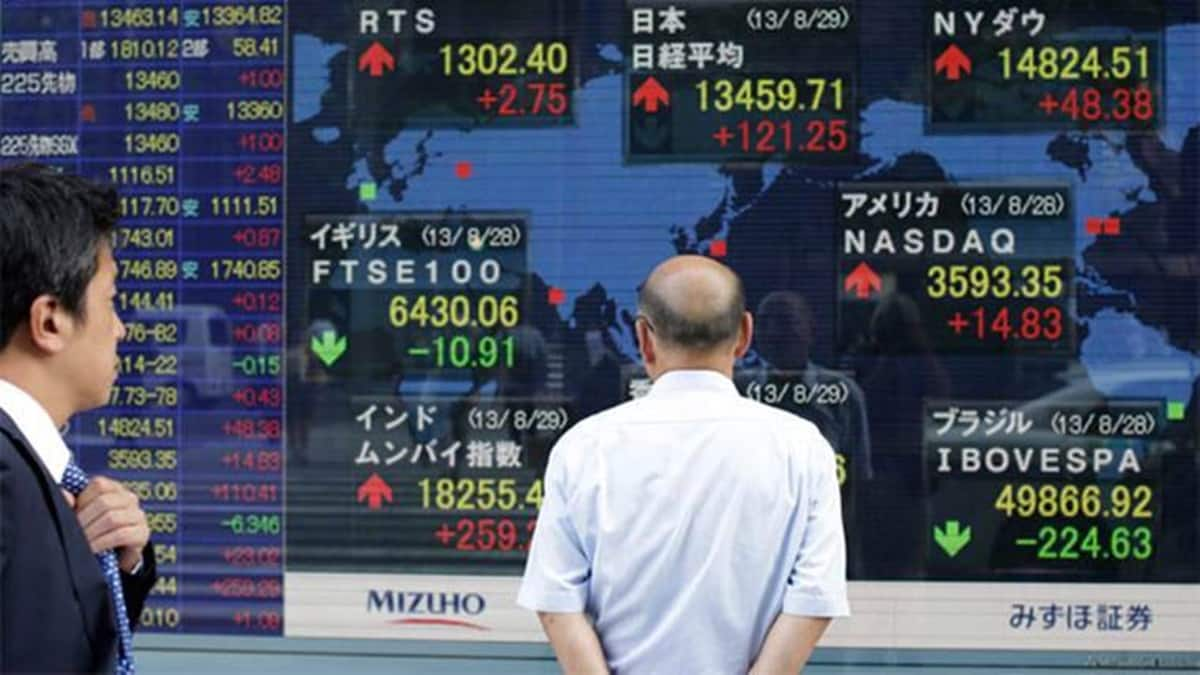
Global Markets: Stocks, euro edge higher as markets await Jackson Hole signals
Share markets pushed higher and Europe’s bond markets and euro stole a breather from energy-price driven sell-offs on Thursday, as investors waited to hear the latest reaction of the world’s top central bankers to soaring inflation.
Wall Street futures were pointing to a second day of gains, while Europe was lifted by another 1.5% jump in oil and gas stocks as Russia’s supply crisis saw the region’s gas prices leap again.
GDP data from Europe’s largest economy, Germany, brought relief too. News the country narrowly avoided a contraction in the second quarter and better than feared confidence data briefly lifted the battered euro back above dollar parity, although it didn’t last.
It had wilted back under $1 by the time details from last month’s European Central Bank’s meeting – where it hiked its rates by a bumper 50 basis points (bps) – underscored its growing concerns.
The start of the Federal Reserve’s annual monetary policy conference on Friday in Jackson Hole, Wyoming, was also looming. The focus sits squarely on how much higher U.S. interest rates might need to go if inflation there keeps rising too.
“It’s all treading water until we get a hold on what Fed chief (Jerome) Powell has to say at Jackson Hole,” said Saxo Bank’s head of FX strategy, John Hardy.
On the euro, which had clawed as high as $1.003, he added: “We need to see some relief from the gas and power price surge to get some real traction … There is dire pressure on that front.”
The 0.4% rise in European stocks left MSCI’s 47-country index of world shares up 0.3%, with U.S. stock futures pointing to 0.4%-0.6% gains for the S&P 500, Dow and Nasdaq later.
Also read: Sensex, Nifty tank in dying hour of trade; F&O expiry, caution ahead of Jackson Hole symposium pull D-St lower
Borrowing costs in bond markets eased slightly too following a hectic few days that have seen another sharp surge, especially in Europe where gas prices have now more than trebled since June as Russia has reduced its supply.
Germany’s 10-year yield dipped around 3 bps to 1.33% after touching 1.39%. Italy’s 10-year yield nudged down to 3.58% and U.S. yields, which are the key driver of global borrowing costs, hovered just above 3.10%, compared to 2.51% at the start of the month.
JACKSON HOLE
Investors have pared back expectations the Fed could tilt to a slower pace of rate hikes as U.S. inflation remains at 8.5% on an annual basis, well above the Fed’s 2% target. But Powell’s speech due on Friday will be scrutinized for any indication that an economic slowdown might alter the Fed’s strategy.
Investors now expect the Fed Funds rate to peak at 3.80% in March 2023, up from 3.62% a fortnight ago, said Tapas Strickland, NAB’s economics director.
“Market moves at least are consistent with the hawkish pushback seen by Fed officials over recent weeks,” he added.
Interest rate futures imply a 60% chance of a 75 bp Fed hike in September, up from 50% earlier this week. Euro zone money markets are now pricing in around 100 bps of ECB rate hikes by October, including a slight chance of 75 bps move next month.
Still, MSCI’s broadest index of Asia-Pacific shares outside Japan edged up 0.7%, after U.S. stocks ended the previous session with modest gains.
Australian shares climbed 0.7%, while Japan’s Nikkei stock index was up by 0.72%.
China’s CSI300 rose 0.8%, while Hong Kong’s Hang Seng Index surged 3.6% in its best day since April after Chinese state media said Beijing would provide more support for infrastructure projects and private firms.
“Equities markets at the moment see bad news about the economy as being essentially good news because to them it means that the Fed might not tighten as much as thought,” said Rob Subbaraman, Nomura’s head of global macro research.
“But equities markets could have to reassess that after Jackson Hole.”
In the currency markets, the dollar was down 0.25% having been down as much as 0.5% earlier, including 0.4% against the euro and to 136.62 yen. China’s yuan also nudged away from a 2-year low.
Commodity bulls saw Brent crude climb back up to $101.83 per barrel and Europe’s benchmark gas price jumped to another high of 315.95 euros per megawatt hour. ahead of Russia’s three-day shut down of the Nord Stream 1 pipeline next week. It is now up 640% over the last year.
Deutsche Bank strategist Jim Reid said the worry was that the energy situation in Europe keeps getting worse.
“That’s adding to fears that “peak inflation” might not actually have arrived yet for some countries,” he said. “Policymakers are about to face some unenviable choices as they grapple with the worst stagflation we’ve seen in decades.”

